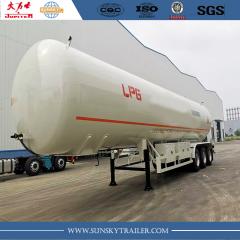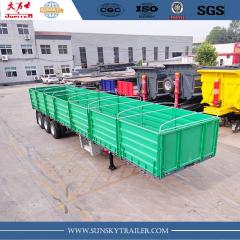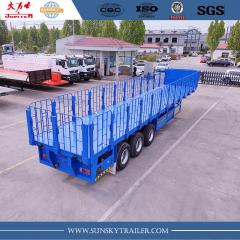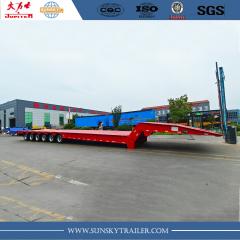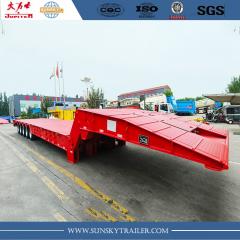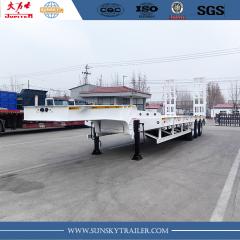- Blog
- What Is a Flatbed Truck? – Complete Guide for Logistics & Transport
- What Is a Dump Trailer? The Complete Guide to Types, Uses, and Choosing the Right Hauler
- Why Are Semi-Trailers Essential in Modern Logistics?
- Why do tires eat?
- What Is A Lowbed Trailer Used For?
- Causes of Semi-Trailer Crashes
Categories
Recent Posts
The Unsung Backbone: An Analysis of the Modern Semi-Trailer
1. Unmatched Capacity and Economic Efficiency
The fundamental importance of the semi-trailer lies in its ability to haul massive volumes of goods. Compared to rigid trucks, a semi-trailer system allows a single tractor unit to move a significantly greater amount of freight, whether measured by weight or cubic volume. This directly translates to lower freight costs per unit. By maximizing the payload, logistics companies can reduce the number of trips required, cutting down on fuel consumption, labor costs, and operational wear-and-tear. This economic leverage is what makes the modern logistics trailer indispensable, especially for long-haul and intercontinental transport chains.
2. The Power of Versatility: Exploring Semi-Trailer Applications
A true measure of the semi-trailer’s essential role is its phenomenal versatility. There is a specialized trailer design for almost every conceivable cargo, ensuring optimal safety and efficiency for diverse industries.Flatbed Trailers: The ultimate flexible solution for oversized and irregularly shaped goods like steel beams, pipes, and heavy equipment.
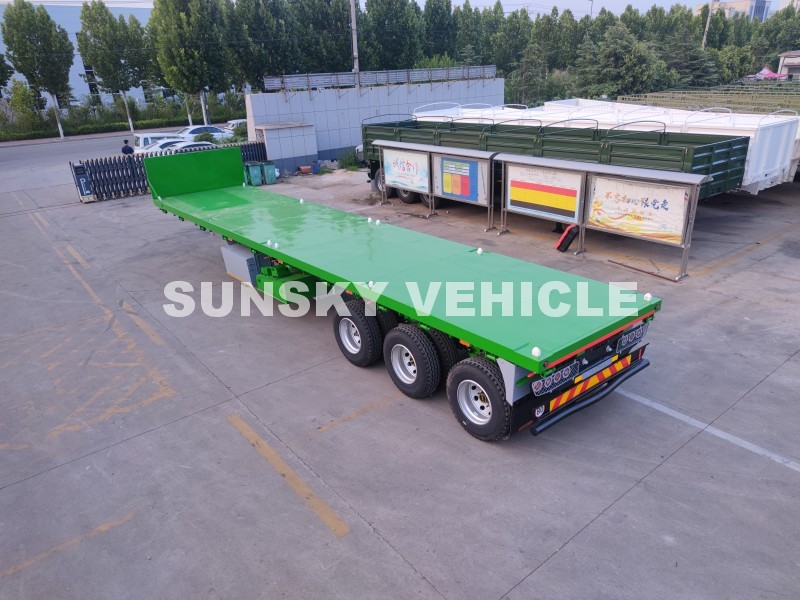
Lowbed Trailers: Crucial for transporting construction machinery (excavators, bulldozers) and other high-capacity, heavy haulage that exceeds standard height limits.
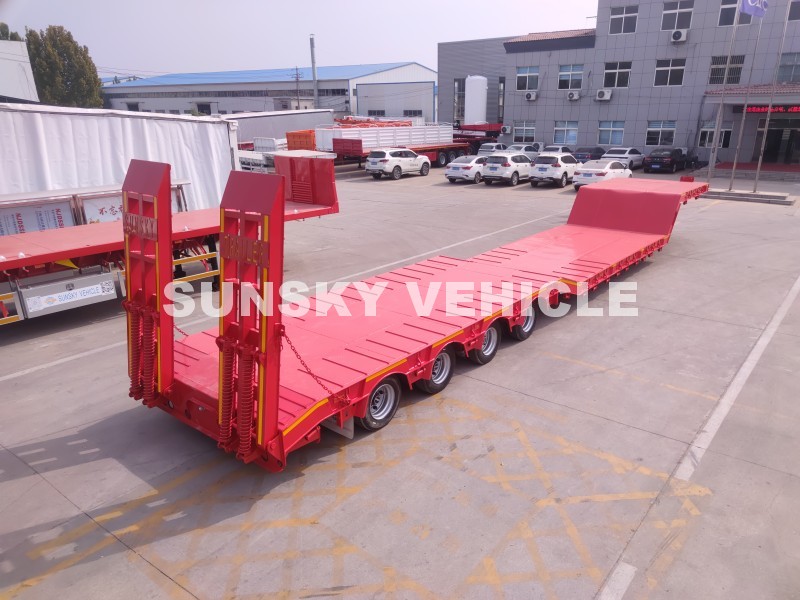
Skeletal/Container Chassis: The workhorses of intermodal transport, specifically designed to haul standardized 20-foot and 40-foot shipping containers from ports to distribution centers.
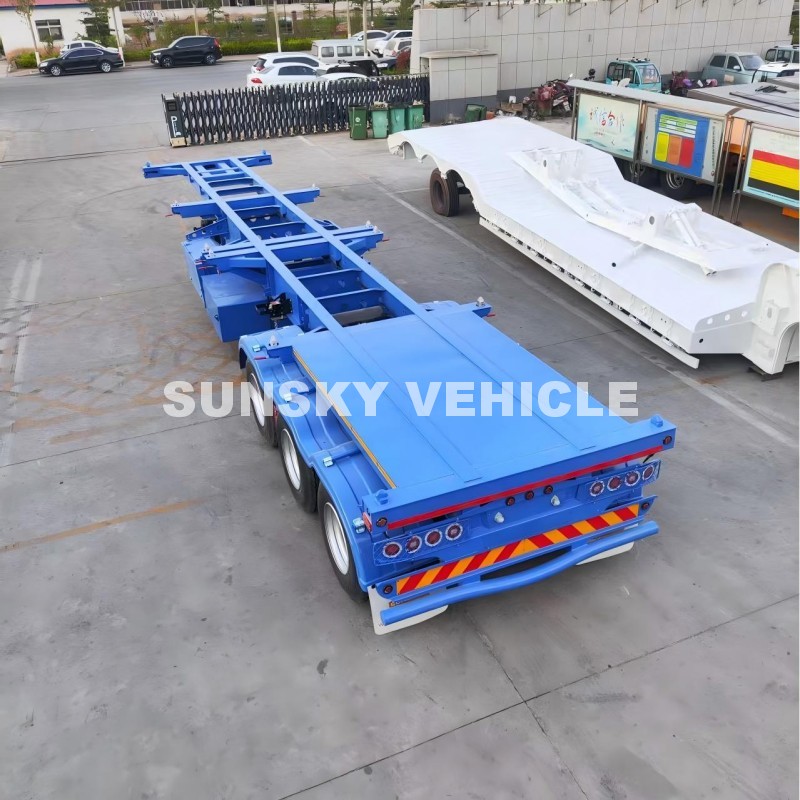
Dropside/Grill Trailers: Ideal for commodities like bulk grain, mining ore, or general cargo, offering the flexibility of side loading and unloading.
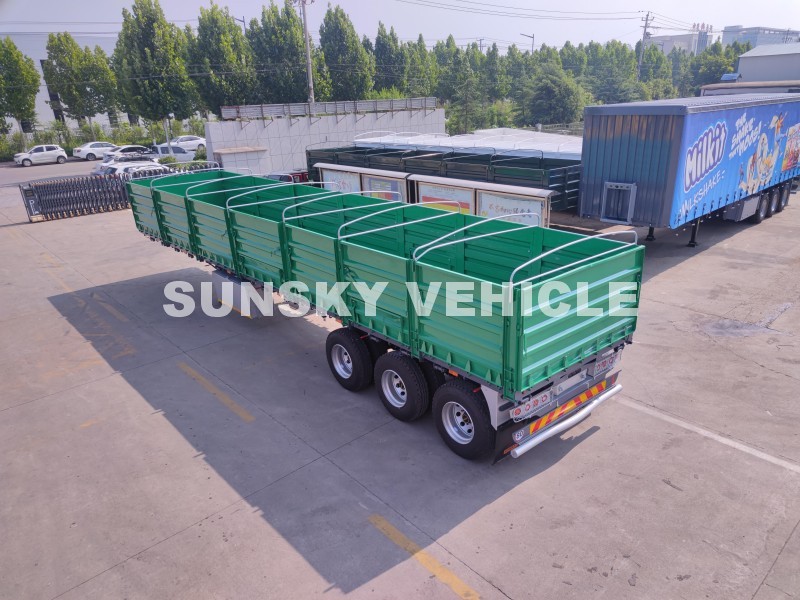
This specialization means that logistics providers can quickly adapt to changing market demands without requiring entirely new fleets, solidifying the semi-trailer as the cornerstone of adaptable transport.
3. Heavy-Duty Trailer Design: The Foundation of Reliability
The demanding nature of global supply chains requires more than just capacity; it requires unwavering durability. Modern heavy-duty trailers are engineered using advanced materials, such as high-strength Q345B and T700 steel, ensuring a low tare weight coupled with extreme longevity.A reliable semi-trailer is defined by its components. Key features like premium axles (such as FUWA or BPW), robust suspension systems (be it mechanical or airbag), and high-quality welding processes ensure the trailer can endure punishing loads and challenging road conditions in diverse regions like Africa and the Middle East. Investing in a quality-manufactured semi-trailer is investing in operational uptime.
4. Driving the Future of Global Trade
In an era defined by fast e-commerce and complex global supply chains, the efficiency of the semi-trailer is more critical than ever. It acts as the ultimate bridge between rail, sea, and air freight, providing the necessary 'last mile' and long-distance road link. Without these powerful hauling units, containerized trade would grind to a halt.Are you looking to reinforce your fleet with heavy-duty semi-trailers built for maximum durability and specialized payloads? Contact our experts today to discuss our custom manufacturing solutions and get a quote for the commercial trailers that will power your next logistical success.





